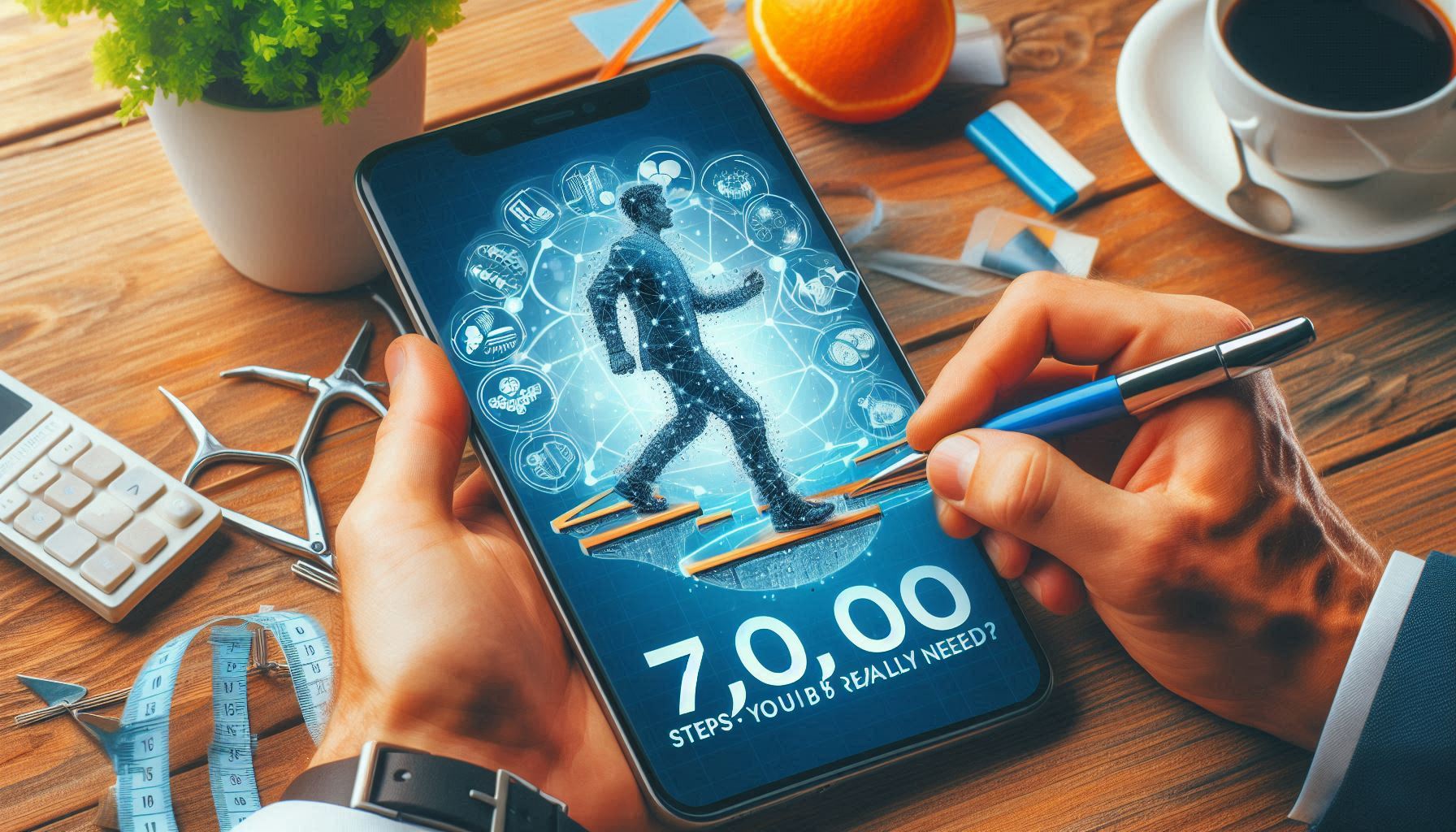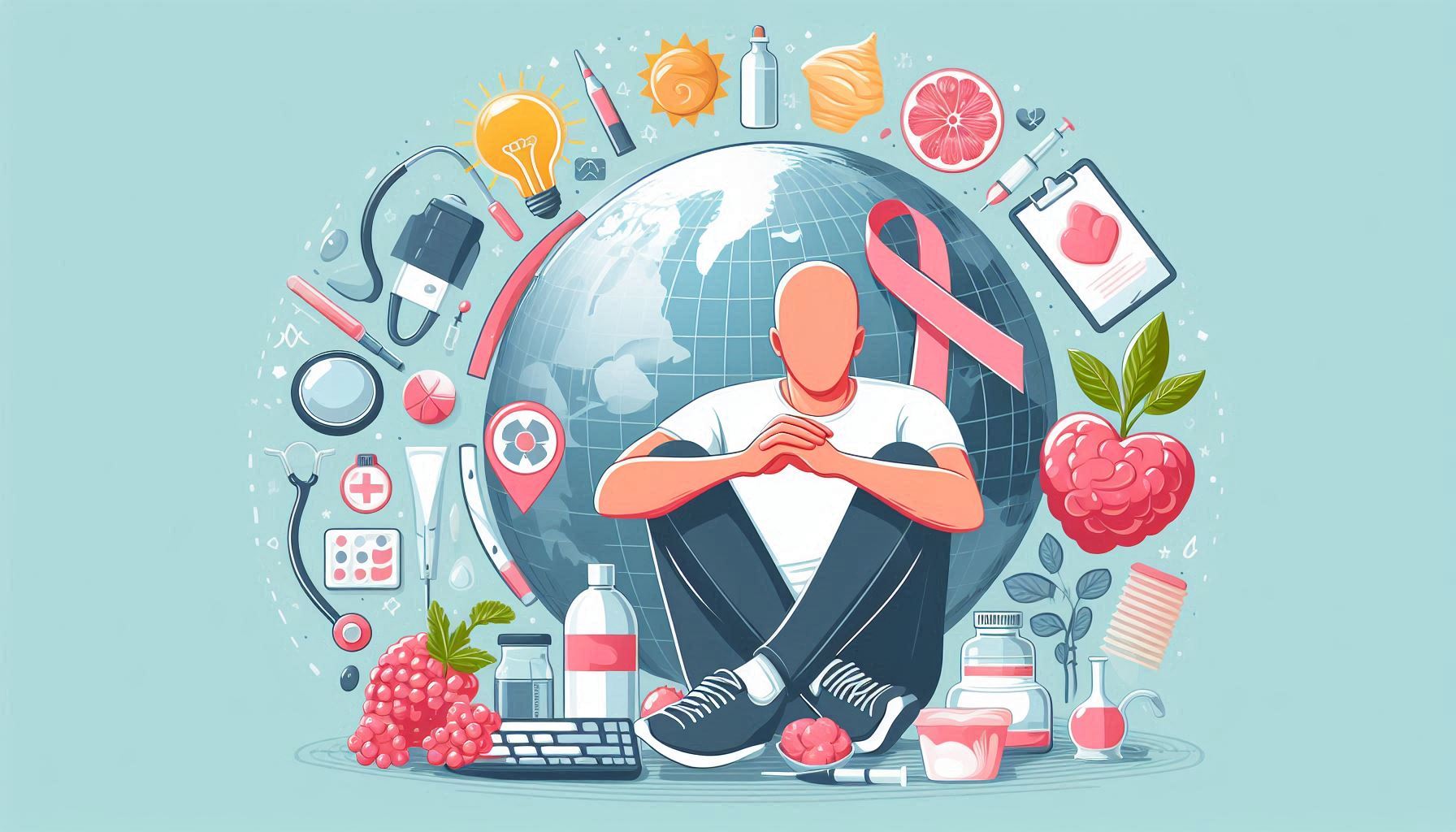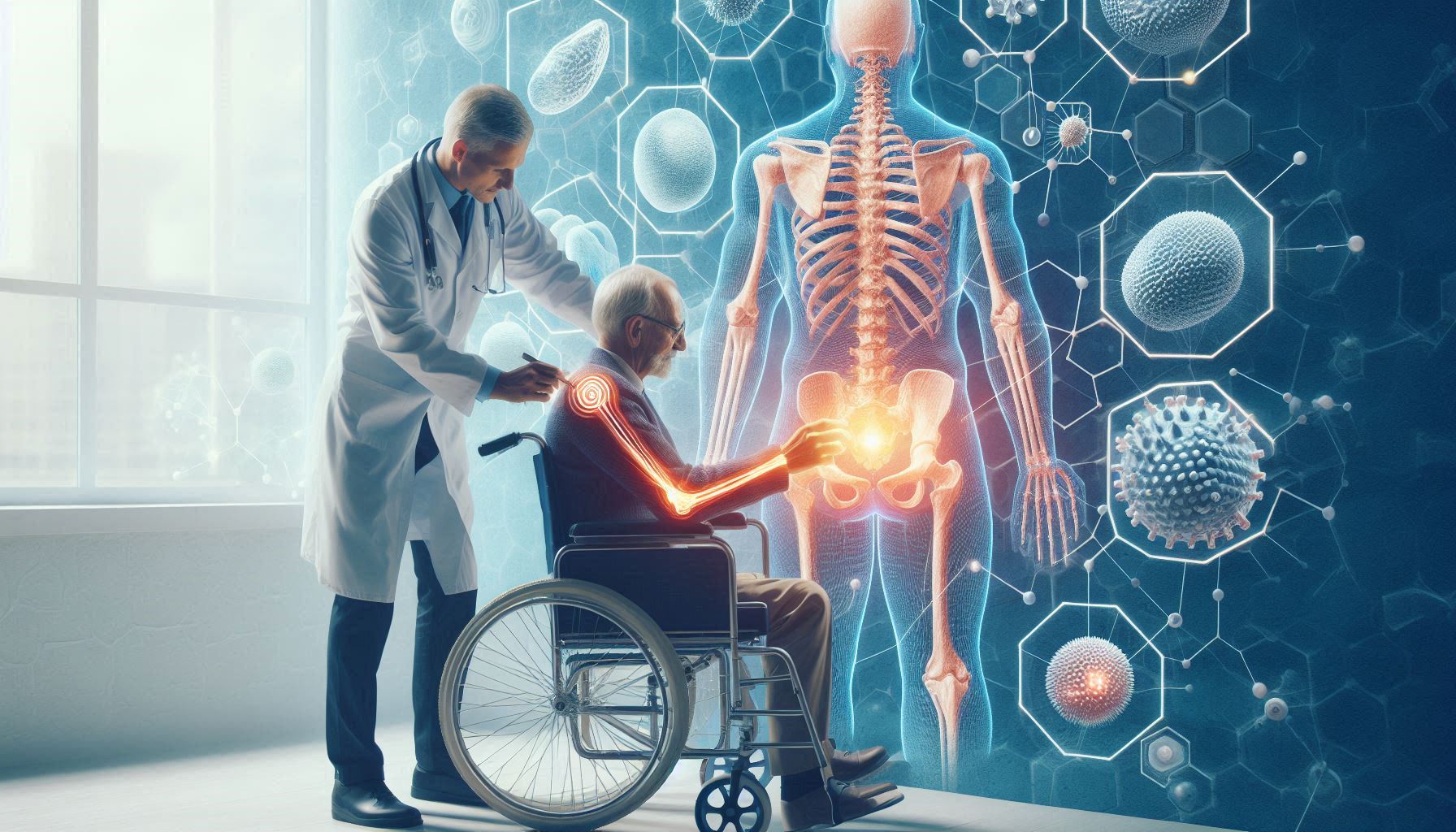In an era where technology is rapidly advancing, it has become a vital resource for enhancing healthcare, especially for seniors. Embracing digital tools can lead to improved health management, better communication with healthcare providers, and increased independence. In this article, we’ll explore various technologies that can significantly benefit older adults in managing their health and well-being.
1. Telehealth Services: Accessing Care from Home
Telehealth has transformed the way seniors access healthcare. Virtual consultations allow older adults to connect with healthcare providers from the comfort of their homes, reducing the need for travel and making it easier to receive timely medical advice. Whether it’s a routine check-up or a follow-up appointment, telehealth services can provide convenience and flexibility, especially for those with mobility issues.
2. Health Monitoring Devices
Wearable health technology, such as fitness trackers and smartwatches, can play a crucial role in monitoring health metrics. These devices can track heart rate, physical activity, sleep patterns, and even blood oxygen levels. Many wearables also come with features that alert users to irregularities, such as elevated heart rates or falls, enabling proactive health management. This real-time data can be shared with healthcare providers, allowing for more informed decisions regarding treatment and lifestyle adjustments.
3. Medication Management Apps
Managing multiple medications can be challenging for seniors. Medication management apps can help by providing reminders for when to take medications, tracking dosages, and even offering information about potential side effects. Some apps allow caregivers and family members to monitor medication adherence, ensuring that seniors stay on track with their treatment plans.
4. Remote Patient Monitoring
Remote patient monitoring (RPM) technologies enable healthcare providers to track patients’ health data from a distance. Devices that measure blood pressure, glucose levels, and other vital signs can send data directly to healthcare professionals. This continuous monitoring allows for timely interventions and adjustments to treatment plans, improving health outcomes and reducing hospital visits.
5. Health Information Portals
Many healthcare systems now offer online patient portals where anyone can access their medical records, lab results, and appointment schedules. These portals empower elderly patients to take an active role in their healthcare by providing easy access to important information. Seniors can also communicate with their healthcare providers through secure messaging, making it easier to ask questions or report concerns.
6. Educational Resources and Health Apps
The internet is a treasure trove of health-related information. Seniors can access educational resources on various health topics, from managing chronic conditions to understanding nutrition. Health apps can provide personalized health tips, exercise routines, and dietary recommendations tailored to individual needs. This access to information encourages seniors to make informed decisions about their health.
7. Emergency Response Systems
For added safety, emergency response systems can provide peace of mind for seniors living alone. These systems typically include wearable devices with a button that can be pressed in case of an emergency, alerting caregivers or emergency services. Some systems also offer fall detection features, ensuring that help is on the way if needed.
Conclusion
Technology has the potential to revolutionize healthcare for seniors, making it more accessible, efficient, and personalized. By embracing digital tools, older adults can take charge of their health, improve communication with healthcare providers, and enhance their overall well-being. As we continue to advance in the digital age, it’s essential to encourage seniors to explore and utilize these technologies for a healthier, more independent life!









Leave a Reply